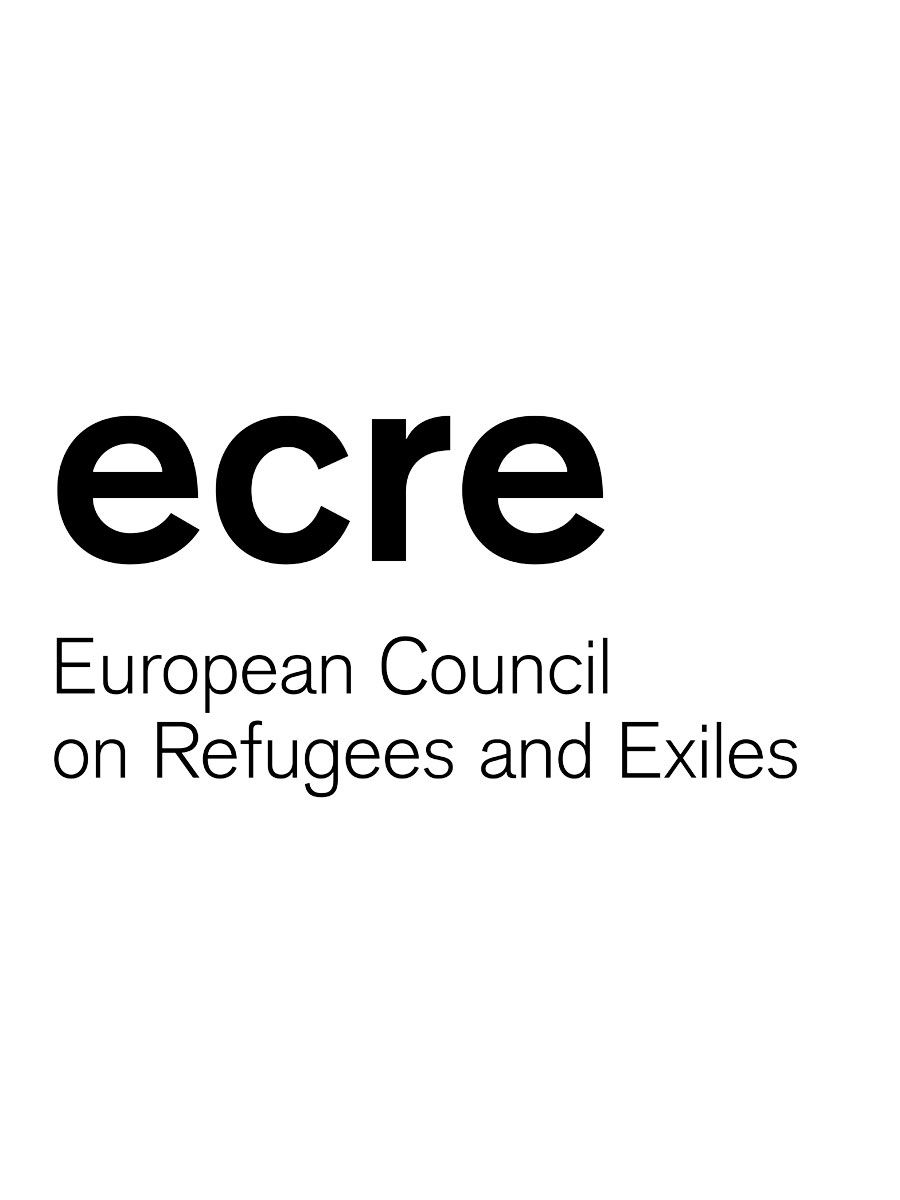ecre.org | 1 March 2024
Greek authorities have noted a “sharp increase” in arrivals on the Greek islands. On 28 February, the Alarm Phone hotline reported two different groups in distress. The first group consisted of 42 people stranded on the islet of Agathonisi, which were later taken to a camp. The second group consisted of around 41 people, including some with injuries, on the island of Limnos. Between 22 and 25 February, almost 300 people were spotted in rubber boats and rescued off Crete by either the Hellenic Coastguard or merchant vessels. Reportedly, the number of migrants who have arrived from the southern coast of Turkiye to Crete has already reached 1000 in the first two months of 2024 alone compared to 750 in the whole of 2023. On 24 February, 42 people were rescued by the Hellenic Coastguard in coordination with its rescue team on the islet of Barbalias. Amidst the increase in the number of arrivals, the Greek Ministry of Asylum and Migration revealed the forced deportation of 50 people from Georgia and Pakistan in coordination with Cyprus. “Member States are obliged to step up the relevant procedures in order to protect the credibility of national asylum systems, ensuring that only those in need of protection can remain in Europe,” the ministry stated.
The systematic criminalisation of asylum seekers in Greece is ongoing. The appeal trial of four of the ‘Moria 6”, the Afghans who were convicted for causing the fires that destroyed the infamous Moria camp on 8/9 September 2020, is scheduled to take place on 4 March at the Court of Appeal in Mytilene, Lesvos. The trial was originally scheduled for March 2023 but was postponed due to a lack of “credible evidence”. According to the Free the Moria 6 campaign, the upcoming hearing will allow the presentation of crucial new evidence from the investigation conducted by Forensic Architecture (FA) and Forensic, and the interrogation of the prosecution’s key witness. According to Dimitra Andritsou, research coordinator of the FA/Forensic team, “The analysis we conducted […] proves that the young asylum seekers accused of arson were arrested on the basis of weak and contradictory evidence, suggesting that […] the Greek government needed a scapegoat for a disaster that was pre-programmed”. Meanwhile, the charges against the 13 refugees who were accused of attempted arson following the wildfires in the Evros region in the summer of 2023, have been dropped. The judge ruled that the assumption that the migrants caused the fire with a knife was not only unreliable but also contrary to common sense. Commenting on the ruling, the Press Project said: “The ill-fated attempt by some to make the refugees appear to be responsible for the unprecedented Evros fire collapsed with a wave. Racism was used by the far right to divide and increase its influence and by the government to hide its responsibilities”.
Elsewhere, the trial of 16-year-old M. Elfallah on charges of smuggling, which was due to take place on 28 February in the juvenile court in Crete, has been postponed to 27th of November due to a public strike. According to Maria Flouraki, the minor’s lawyer, the minor is hosted in a shelter for minors in Crete waiting for his trial while his father has been already convicted for smuggling to 280 years of imprisonment. Flouraki added: “The facilitation of the transfer of persons is interpreted very broadly by the Greek courts. Even someone who distributes food or water can be accused of being a trafficker. The accused are often simple passengers who did not have money for the fares and therefore took on some work on the boat. The smuggler who has received the money is usually not on board and is not arrested. Trials are extremely short and often convictions are based on insufficient evidence”, highlighting that “People convicted of smuggling form the second largest group by crime in Greek prisons, with almost 90% of them being third-country nationals.” She also underlined that “the current legal framework and the way it is implemented does not combat illegal trafficking but mainly constitutes a repressive migration policy”. In a joint statement from Aegean Migrant Solidarity, borderline-europe and Can’t Evict Solidarity, the three organisations stated that this story showed that “Europe’s alleged “fight against criminal smugglers” is primarily directed against refugees themselves” and demanded that the charges against the minor should be dropped, and the criminalisation of migration and the imprisonment of people on the run should be stopped.

